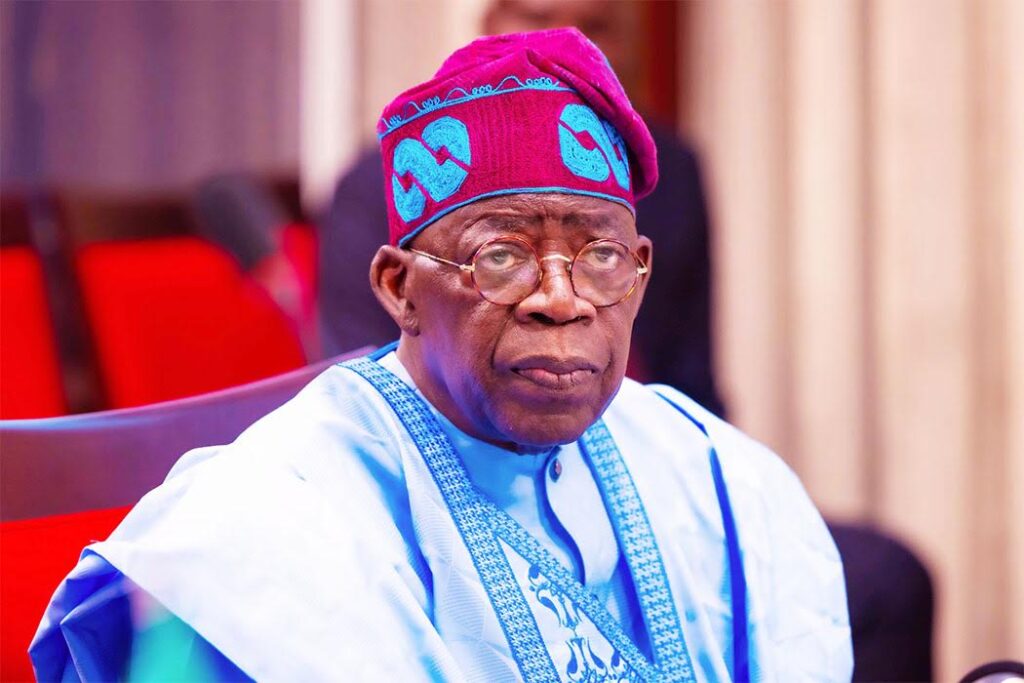In a move that highlights Nigeria’s growing infrastructure ambitions, the House of Representatives has greenlit President Bola Tinubu’s $347 million loan request under the 2025–2026 borrowing plan. The approval comes as the Federal Government scrambles to meet revised financing needs for two critical projects — the Lagos-Calabar Coastal Highway and the Nigeria Universal Communications Access Project.
The Tinubu $347 million loan approval was confirmed during Wednesday’s plenary session following a report presented by the House Committee on Aids, Loans, and Debt Management. The green light was given after lawmakers resolved into the Committee of Supply and endorsed the committee’s findings without objection.
The loan package includes an additional $47 million for the Lagos-Calabar Highway — Phase 1, Section 1, and $300 million for a nationwide telecom infrastructure expansion. According to the president’s correspondence to the National Assembly, the extra funding is necessary to close a financial gap created by updated cost estimates and to secure full financing commitments for the targeted initiatives.
Cost Escalation on Coastal Highway
Originally budgeted at $700 million, the cost of Section 1 of the Lagos-Calabar Coastal Highway has surged to $747 million. Tinubu explained that while lenders had pledged up to $700 million, Export Credit Agencies are now stepping in to cover the shortfall. This ensures that the project aligns with contractual financing requirements.
The Lagos-Calabar Highway, a flagship infrastructure venture, is expected to drive economic integration along Nigeria’s coastal corridor, enhance logistics, and open up new commercial hubs.
Bridging Nigeria’s Digital Divide
The second component of the newly approved loan — $300 million — will fund the Nigeria Universal Communications Access Project. This initiative will deploy over 7,000 telecom towers to underserved and remote regions across the country. The project was inadvertently excluded from the original borrowing plan submitted earlier in May 2025.
Officials argue that bridging the digital divide is central to Tinubu’s Renewed Hope Agenda, aiming to expand digital connectivity, stimulate youth entrepreneurship, and integrate more Nigerians into the digital economy.
Loan Justification and Economic Impact
According to the committee’s report, the newly added projects were evaluated for economic viability and national relevance. The emphasis was placed on their potential to generate employment, stimulate local economies, and reduce multidimensional poverty.
The broader borrowing plan — now adjusted to $21.89 billion, alongside €2.19 billion, ¥15 billion, and a €65 million grant — features strategic projects across health, education, power, agriculture, housing, and digital infrastructure.
Flagship projects funded under this plan include:
-
Hope Health, Education, and Governance Project – $1.5 billion
-
Fibre Optics Network Rollout – $980 million
-
Sustainable Power and Irrigation Project – $500 million
-
Rural Access and Agricultural Markets Project Scale-Up – $500 million
These projects, the report notes, are aligned with sustainable development goals and offer concessional terms — including low interest rates, long grace periods, and extended repayment timelines.
Is Nigeria’s Debt Still Sustainable?
Despite public concern over Nigeria’s debt accumulation, the committee maintains that the country’s debt-to-GDP ratio remains within safe limits. Nigeria’s public debt currently stands at over ₦145 trillion, with a debt-to-GDP ratio around 50%, still below the internationally accepted ceiling of 56%.
More notably, the Tinubu administration claims to have reduced the debt service-to-revenue ratio from over 90% to less than 70%. This improvement is partly attributed to revenue mobilization reforms like the Nigerian Tax Act 2025, which is projected to increase government earnings by over 18% annually starting from 2026.
States to Benefit from the Loan
The loan package includes components that will be implemented across 12 Nigerian states. These include Abia, Bauchi, Borno, Gombe, Kaduna, Katsina, Lagos, Niger, Oyo, Sokoto, Yobe, and Zamfara. Projects range from rural road access to clean energy systems and primary healthcare revitalization.
Final Word
The Tinubu $347 million loan approval adds to an already ambitious borrowing portfolio aimed at lifting Nigeria’s economy through infrastructure development. While concerns around debt sustainability linger, the government insists the projects funded will generate long-term economic returns, job opportunities, and improved national competitiveness.
As these projects roll out in 2025 and beyond, the spotlight will remain on the government’s ability to implement them effectively and ensure they deliver promised dividends.
Tinubu’s Ambassadorial Delay Is Damaging Nigeria’s Foreign Relations

